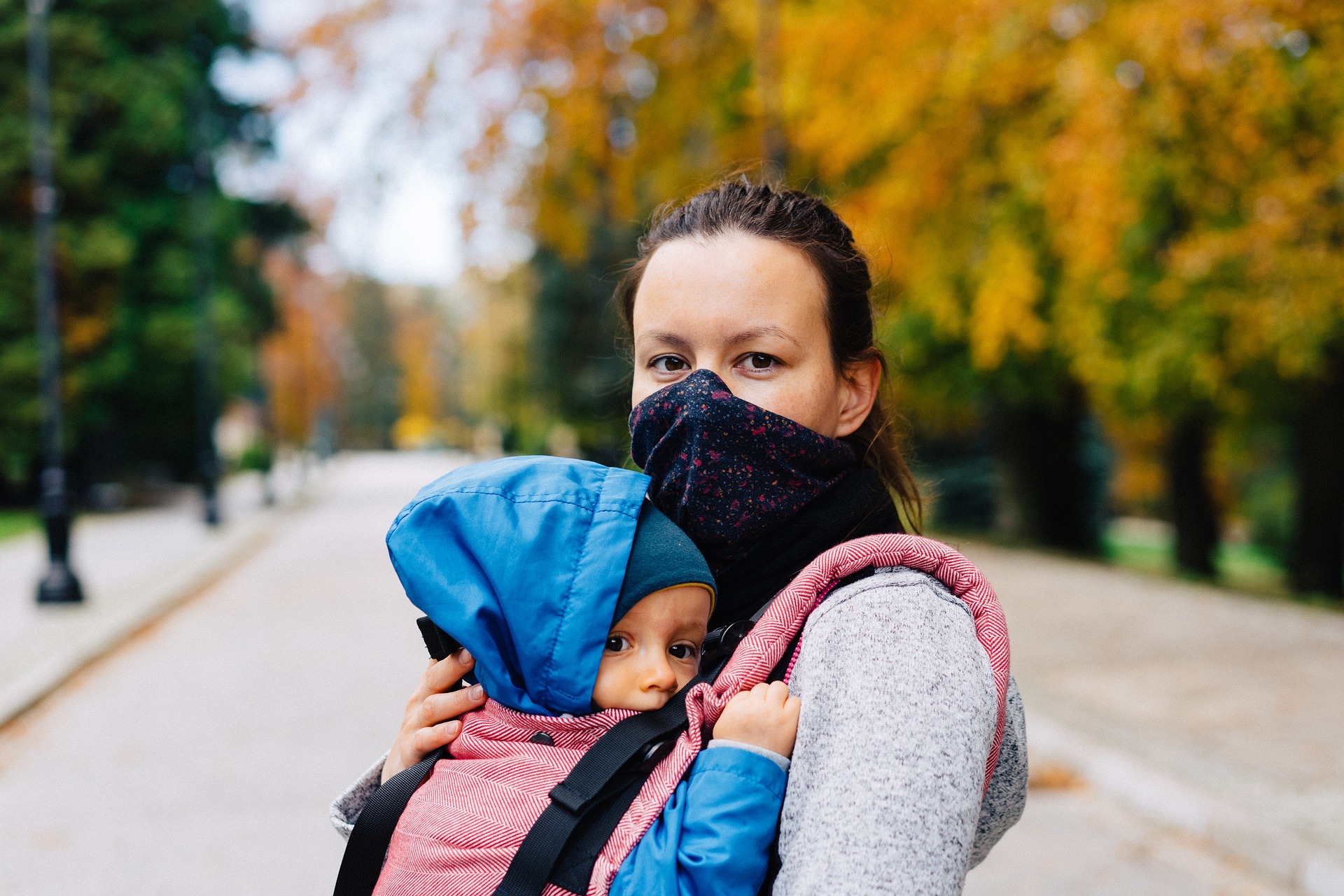
15 Nov Tips to Help Prevent Sinus Infections
For many people, it can seem like dealing with at least one sinus infection each year is inevitable. You can take steps, however, to help avoid getting sinus infections.
Sinusitis (also called rhinosinusitis) occurs when the sinuses or cavities around the nasal passages become swollen and blocked. The sinuses can become inflamed if you have an infection, or because of an allergic reaction.
Symptoms usually go away within a couple of weeks, but some people experience longer or recurring sinus infections.
More serious sinusitis can result from structural problems, such as a deviated septum or nasal polyps.
When you have chronic sinusitis, you many be dealing with symptoms such as nasal discharge, congestion, difficulty breathing through your nose, and pain or sinus headaches for many months.
Here’s a quick overview of the different types of sinusitis, which can help inform both preventive and treatment measures.
Types of sinusitis & Causes
Sinusitis is classified by how long it lasts. “Acute” sinusitis lasts a month or less; “chronic” sinusitis for longer than that (sometimes for years). When several acute attacks occur within a year, it’s called “recurrent.”
Acute sinusitis.
Acute sinusitis usually starts with a cold or some type of virus. It’s useless to treat viruses with antibiotics. However, when a cold or other virus turns into sinusitis, it means that blocked nasal passages have set off a secondary infection caused by bacteria. So you may eventually end up needing an antibiotic to clear up the infection, particularly if symptoms are severe and last more than a week.
Chronic sinusitis
If symptoms linger or keep returning, you may have chronic sinusitis, a more complex disorder that calls for evaluation by an ear, nose, and throat (ENT) specialist.
Cause/effect
If you often suffer from sinus infections or sinus headaches, you might be looking for a more permanent treatment. Preventative measures and techniques that offer lasting, long-term relief are possible—but can also depend on the reasons why you are affected.
If your sinusitis is linked to allergies, then you can try allergy testing to find out the cause and then take steps to avoid the trigger. Although this won’t always be enough to prevent your symptoms from coming back, it can make a big difference.
If your symptoms are linked to infections, then simple steps such as washing hands regularly and getting a flu shot can reduce the chances you’ll be affected again.
If there is a physical reason why you are more susceptible to sinusitis, it may be possible to correct it surgically and prevent sinus problems in the future.
Sometimes the main problem is anatomical, such as nasal polyps, a deviated septum, congenitally narrowed paranasal passages, or tissue thickened by years of infection. In this case, minimally invasive surgery may help, reducing the number and severity of sinus infections and sometimes restoring normal sinus function.
Regardless of type of sinusitis, there are treatments and preventative steps you can take to help keep yourself and others around you healthy and help avoid getting sinus infections.
Prevention
There are many things you can do to reduce your chance of developing sinusitis or to relieve early sinusitis symptoms.
One of the most important actions or preventive goals is to promote drainage and keep nasal passages clear. Nasal irrigation is perhaps one of the simplest, cheapest, and most effective ways to help prevent and treat sinus problems.
Here are some more tips that may help you avoid sinus infections this year:
- Irrigate your sinuses on a regular basis with a saline sinus wash
- Keep the nose moist with nasal saline sprays (the cilia inside the nose work more effectively in a moist environment)
- Try to avoid dry environments in general; use a humidifier
- Stay hydrated (drink plenty of water)
- Frequently wash your hands
- Manage allergies and avoid triggers
- Avoid nasal irritants such as pollution, smoke
- Don’t smoke
- Consider taking oral probiotics especially after taking antibiotics in efforts to replenish the natural biome of the sinuses.
- Use decongestants with caution (to avoid the rebound effect)
- Try to keep a healthy lifestyle and maintain a strong immune system—i.e. eat your fruit and veg (a healthy, nutrient rich diet), exercise, get enough sleep, minimize stress levels, you know the drill…
- Receive recommended vaccines if appropriate
- Avoid close contact with people who have colds or other upper respiratory infections
- Get checked out by an ENT specialist for persistent nasal congestion and symptoms to help identify and treat others underlying causes
If you struggle with sinus symptoms, the Ohio Sinus Institute can help.
Call us today to set up your consultation!


